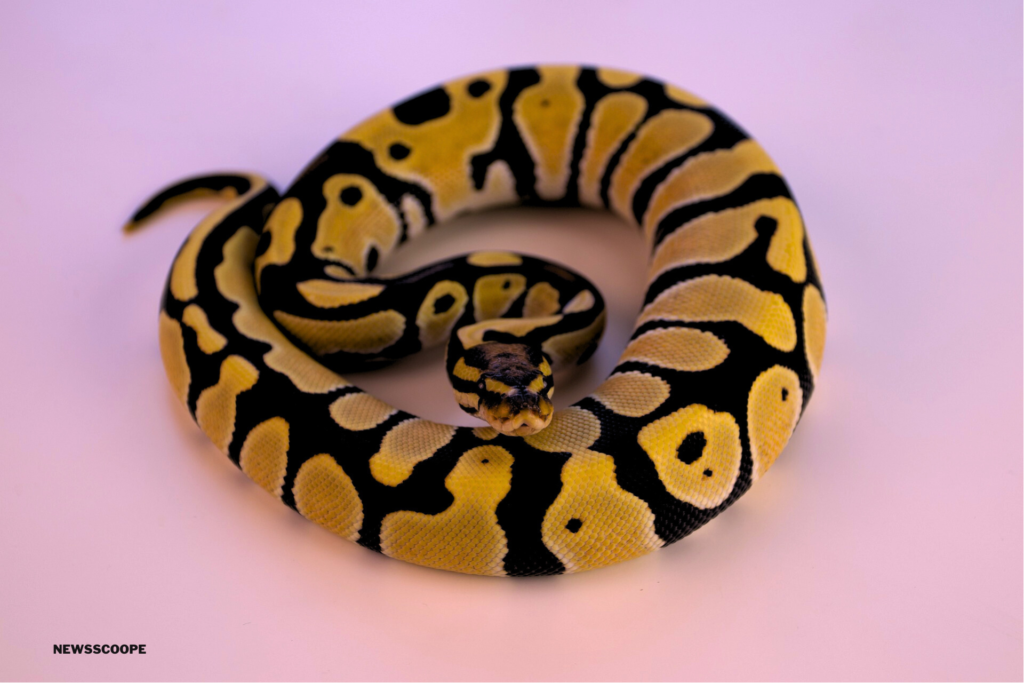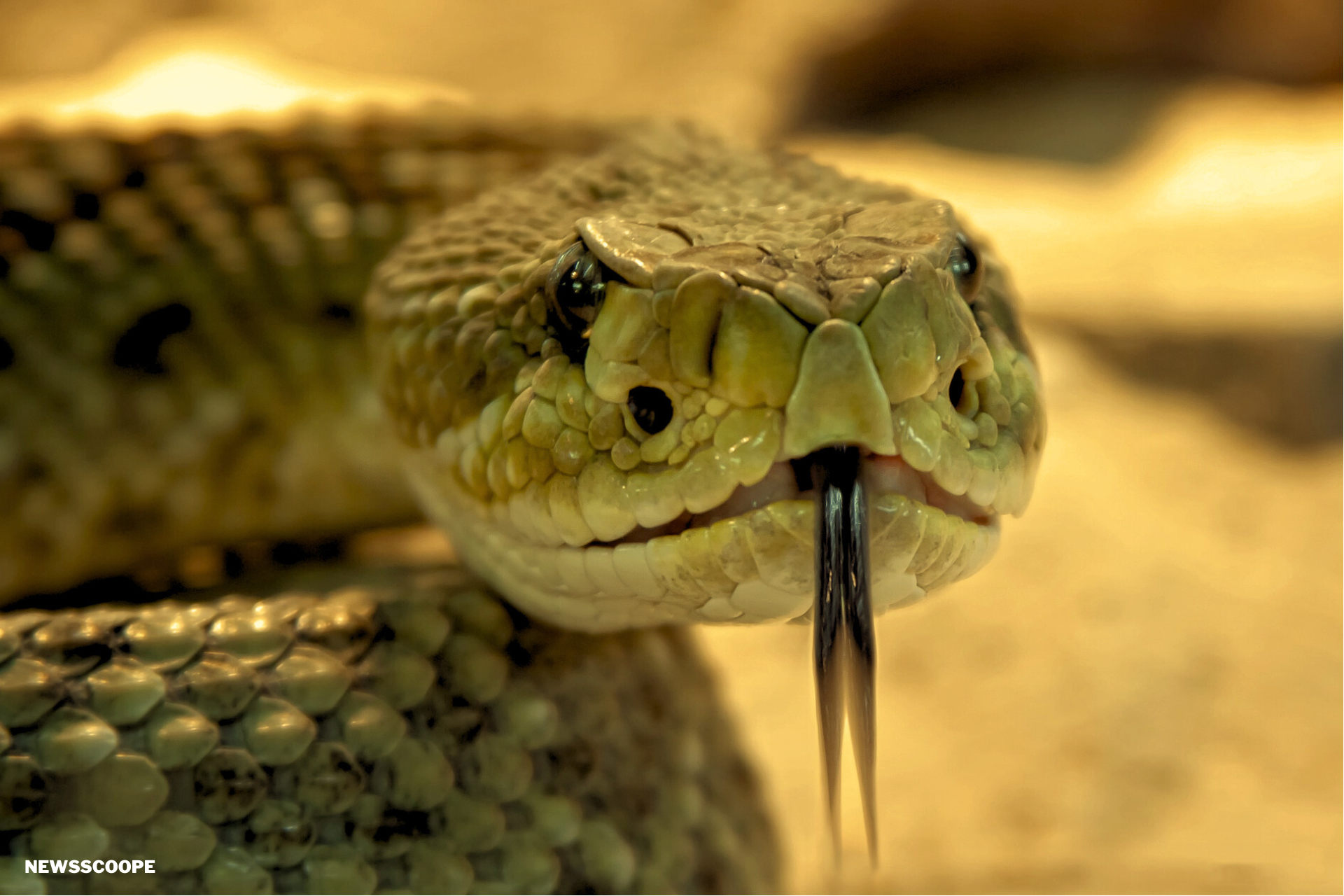Captive-bred ball pythons were occasionally available at that time, but the vast majority of specimens on sale were of the wild-caught, imported variety. These snakes were typically in poor health, and they were often notoriously difficult to feed – no matter what the keeper would try, these frustrating snakes would steadfastly refuse any prey offered.
I experienced this maddening issue firsthand. The ball pythons I kept were challenging to feed, and many of the customers I tried to help experienced similar issues. In fact, the very first ball python I ever owned went more than 6 months without eating before I finally figured out how to get him to accept prey.
We’ll talk about the reasons ball pythons often refuse food below and outline a few strategies for tempting your finicky friend into eating regularly.
Can ball pythons survive without eating and drinking?
How long can a ball python go without eating? Ball pythons can survive without food Of course, it’s difficult to predict how long any animal can survive without food, and it becomes even more difficult to do so with snakes in particular, as you Maybe know. They can survive in their burrows for weeks without food and months without food. I have heard from many people that feeding them once every few months keeps them fat and healthy. I have personally taken care of the ball python.
Pythons can survive without eating or drinking. These animals stop eating themselves, which worries their keepers when they see them and wonder if such snakes will start eating again or die of hunger. But that’s not because it’s an animal that can go a month without eating or drinking.
What are the reasons why the Ball pythons stay hungry for a long time?

You may often wonder why your snake refuses to eat, there are various reasons, some of which are listed below.
Disease:
Many diseases cause snakes to refuse to eat, most commonly causing respiratory infections that force your snake to starve, but dehydration and infection stop eating due to problems
Inadequate accommodation
It is often the case that we stop caring for an animal when it gets well, so with snakes we stop caring for it when it gets well. Because of this, we move the snake from being healthy to being sick. After that, if you don’t frame it in a good place, you will have to face feeding problems.
Skipping food in different seasons
If your snake is caged and your habitat is well designed then it can only fast as we mentioned earlier it stops eating and drinking whenever the dry season comes. Among them, wild-caught snakes are the most common.
Choice of victim Some particularly prefer wild-caught individuals as prey to certain specimens and will refuse food offered to them from the box.
One of the breeding problems is that the Ball pythons have to refuse to eat. It’s also important to frame the area. If you don’t create a place for them to hide, they become restless and feel uncomfortable, which often causes them to stop eating.
Why not take a look at their feeding frequency when feeding? It is important to schedule future feedings as most juveniles need to be fed every five days and adults every seven to 10 days. Also, keep in mind that every snake is different and has different feeding times. The diet has to be adjusted on its own to stay fit and healthy.
Take care
While hair pythons are sometimes tempted to refuse their food, keepers should realize that this is not as common as it used to be, except when food refusal is a concern. Because. So there is no need to panic if your snake refuses to eat for a month or generally there is no cause for concern. We hope you found our article very informative and encouraging. Share with your friends who keep snakes.
Reasons Why Your Ball Python Is Not Eating
In most cases, it will be helpful to begin addressing your snake’s feeding issue by understanding the reasons that ball pythons often refuse food. A few of the most common reasons ball pythons fail to eat include:
Poor Health
Many illnesses will cause a snake to refuse food. Respiratory infections or parasite infestations are two of the most common problems that’ll suppress your snake’s appetite, but anything from dehydration to viral infections can lead to anorexia.
